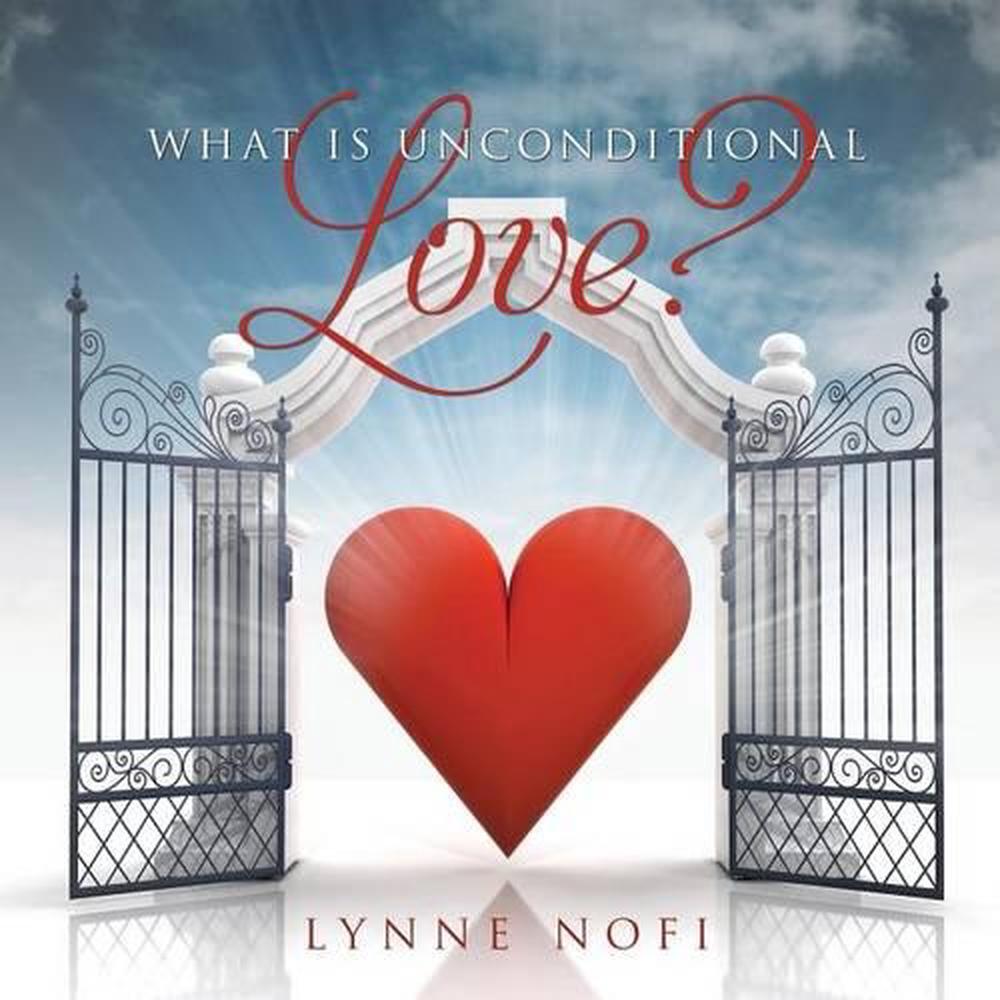

Some parents may also appear bitter, resentful, irritable, impatient, or antagonistic toward their children. Rejection is manifested in behavior such as hitting, pinching, mocking, shouting, cursing, belittling, uncaring, unconcerned, uncaring, or saying unkind or sarcastic things to the child. Parental rejection is experienced as cold, unaffectionate, hostile, aggressive, indifferent, neglected or lack of care. Without parental love, children feel rejected by their parents. This form of response is often interpreted as an act of parental love. The parents’ love can be felt when they kiss, hug, praise, compliment, or say nice things to or about their children.Ĭhildren need parents or caregivers to provide a specific type of positive responses to develop physically and mentally. Parental love is characterized by warmth, affection, care, comfort, concern, nurture, support, acceptance or simply love that a child can feel from their parents 1. Taking a holistic, sustainable approach to the inner and outer effects of addiction ensures you or your loved one will emerge with the confidence and skills to manage your addiction independently.The power of parental love | What can affect parental love What Is Parental Love

Tree House Recovery of Portland, Oregon uses cutting-edge techniques in individualized programs to help men achieve freedom from addiction. Perhaps most importantly in recovery, we must learn to unconditionally love ourselves. Unconditional love is deeply healing because it means we are seen and accepted for who we are, even during our most difficult times. Unconditional love is not an exchange, it’s an offering. In unconditional love, there is no sense of: “I will love you if…” or “I will only love you when you behave differently.” Unconditional love is boundless and it’s often compared to the kind of love that God (or the universe) has for us. To put it simply, it’s love without conditions, limits, or barriers. Like many truly spiritual and transcendent things, unconditional love is difficult to describe. If someone is making you feel unworthy of love, even at your darkest times, this person is offering conditional love which, as we will learn, is contrary to the very definition of love. It’s not a tried-and-true love and often it can cause deep pain to those on the receiving end. We can perhaps term this “fairweather love,” meaning that your partner, family member, or friend, emotionally or literally bails when times get tough. Additionally, conditional love often vanishes during difficult times. While a person can have feelings of deep care or affection for you, their love is conditional if it feels like you have to earn it. When someone loves us conditionally, it means that they put terms, restrictions, or rules on the giving of their love. In fact, it doesn’t always feel like love at all. What is Conditional Love?Ĭonditional love doesn’t feel very nice. Here, we will discuss the differences between these two terms. It takes practice, patience, and healing to understand and integrate the differences between conditional and unconditional love. Many of us grow up with some kind of trauma which teaches us the wrong kind of love.

While they are frequently thrown around in everyday speech, it can be difficult to discern conditional love from unconditional.

We hear these phrases a lot: Conditional love and unconditional love.


 0 kommentar(er)
0 kommentar(er)
